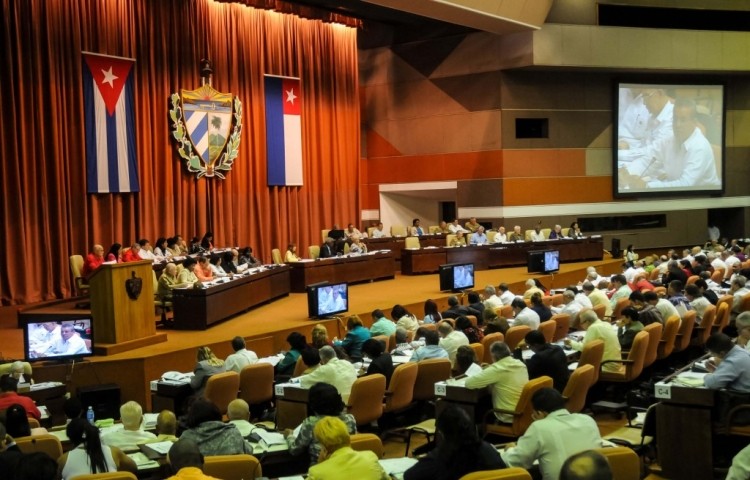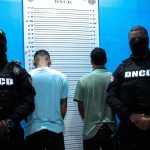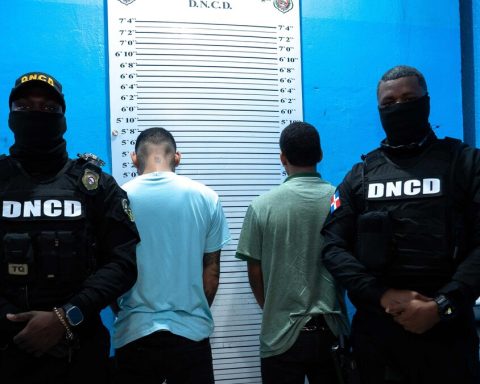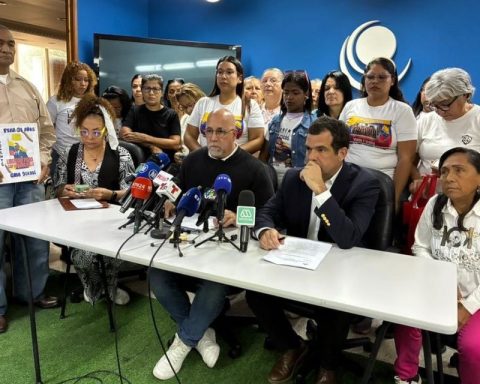MIAMI, United States.- In the most recent report of the DemoAmlat Legislative Observatory of Cuba, the organization warned about the lack of transparency in the popular consultations on laws in Cuba, on the occasion of the fifth extraordinary session of the National Assembly of People’s Power (ANPP), in its IX Legislature, to be held in the coming days.
The biweekly report number 41published last week, draws attention to this matter since the meeting, which will begin this Saturday, May 14, will address the popular consultation of the new Family Code, the Penal Code and the Law of Protection of Constitutional Rights .
“Since it is an extraordinary session, in accordance with the provisions of Law No. 131/2019 on the Organization and Operation of the ANPP and the Council of State in article 83: ‘In the extraordinary sessions, the issues that motivated it are dealt with ‘” says the Observatory.
However, the DemoAmlat initiative points out that it has repeatedly “called attention to the lack of transparency in what the regime recognizes as a participatory process.”
For the Observatory, this process “is reduced to the issuance of comments and/or recommendations on the project that may or may not later be incorporated according to parameters that are unknown up to now.”
In this regard, it is noteworthy that “from the first report that includes the period from February 1 to the first week of March, no type of report was presented on the results of the popular consultation that ended in April.”
Penal Code
Since its publication, the draft Penal Code it was kept within a framework of ‘discretion’ and caution, which contrasts with the diffusion that the Family Code obtained “in terms of publicity”.
“Little has been said about the content and the reforms introduced by the modification of the Penal Code proposed in the 2019 Constitution. It is warned about the incorporation of a series of proposals that attract attention since they attack freedom of expression and the work of the Cuban independent media, granting the regime the necessary tools to sanction, under this law, any activity that the Government arbitrarily considers to be an attack on the Cuban State,” reads the report.
For its part, with respect to the draft Law on Protection of Constitutional Rights, the Observatory explains that “this regulation should comply with article 99 of the Constitution of the Republic approved in 2019, designating that citizens ‘have the right to claim before the courts the restitution of rights and obtain, in accordance with the law, the corresponding reparation or compensation’”.
However, “the ambiguous wording that usually accompanies this type of project generates some uncertainty in independent civil society, since the presence of certain gaps and the absence of definitions can give the justice system excessive discretion.”
DemoAmlat maintains that the projects of the Personal Data Laws; of the System of Natural Resources and the Environment; of the System for the Protection of Literary and Artistic Creation; and the General for the Protection of Cultural Heritage and Natural Heritage “were put to the consideration of citizens in a process similar to that of the popular consultation in which Cubans have the opportunity to make the pertinent observations by sending them through an email address specific electronics in each case. The level of transparency in this type of tool is low, although it seeks to encourage citizen participation, there are no guarantees that the recommendations will be incorporated into the final drafts of the projects”.
Receive information from CubaNet on your cell phone through WhatsApp. Send us a message with the word “CUBA” on the phone +1 (786) 316-2072, You can also subscribe to our electronic newsletter by giving click here.

















